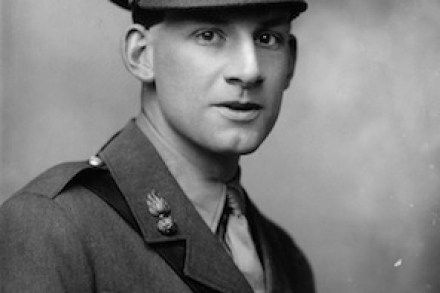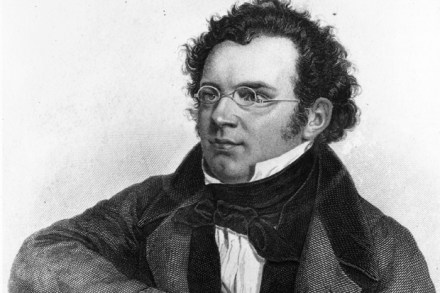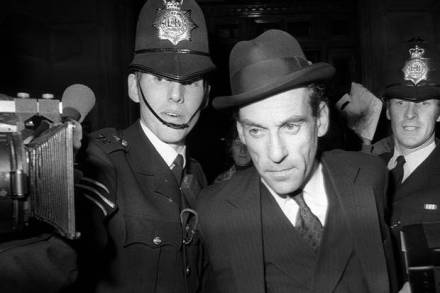Standing firm is the price of civilisation. Are we still ready to pay it?
Reading Memoirs of a Fox-Hunting Man, as I have recently, you cannot help but be struck by what a perfectly idyllic place rural England must have been (at least for a young man of independent means) in the run-up to the first world war. Sassoon wrote it, of course, in middle age after he’d served his time in the trenches. But none of his wartime experiences are allowed to colour the innocent tone of his fictionalised memoir. As far as his narrator George Sherston is concerned, the bliss is going to last for ever. Because the first world war is now very familiar history, the mistake I think we’re inclined



















